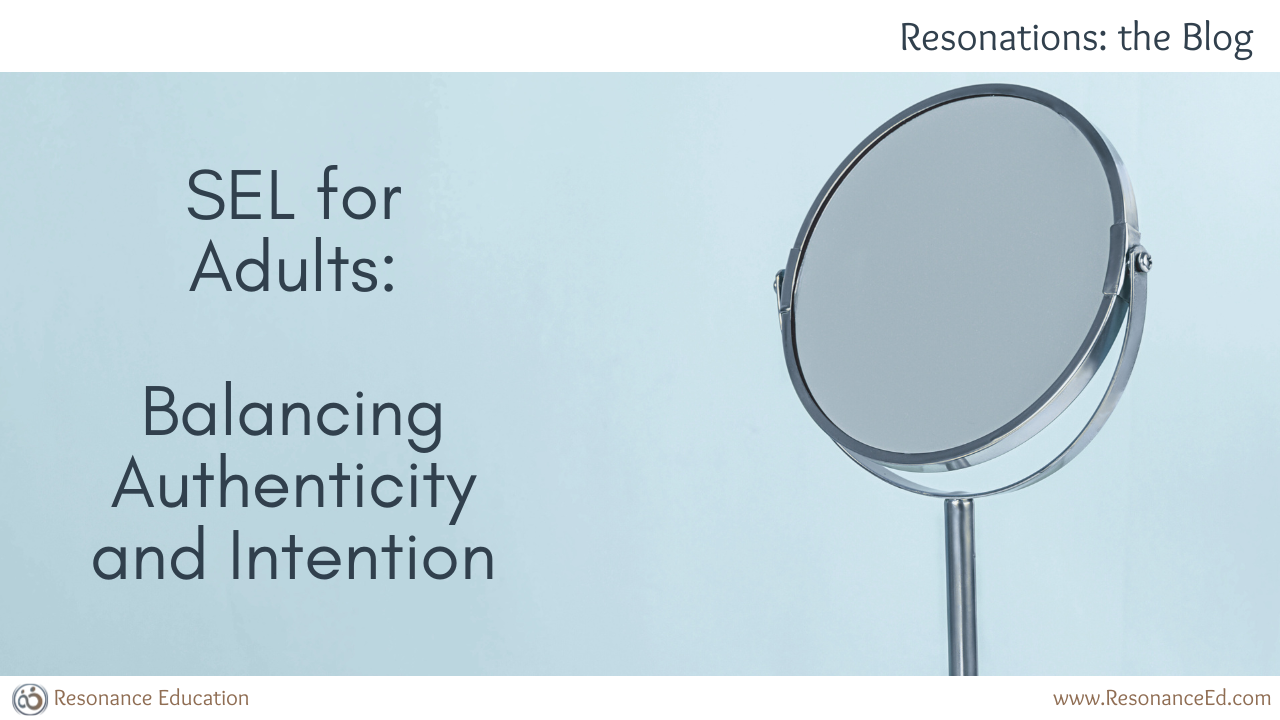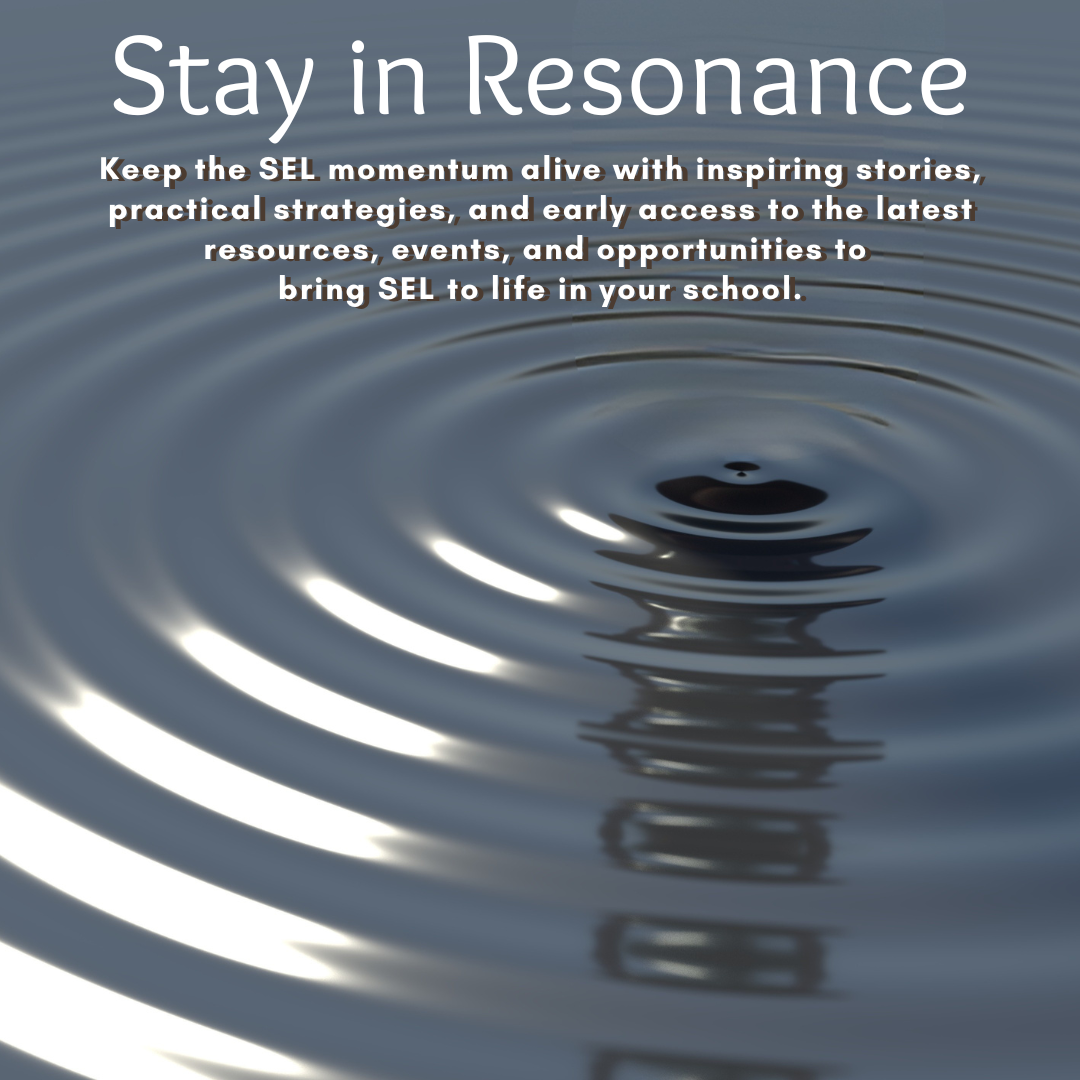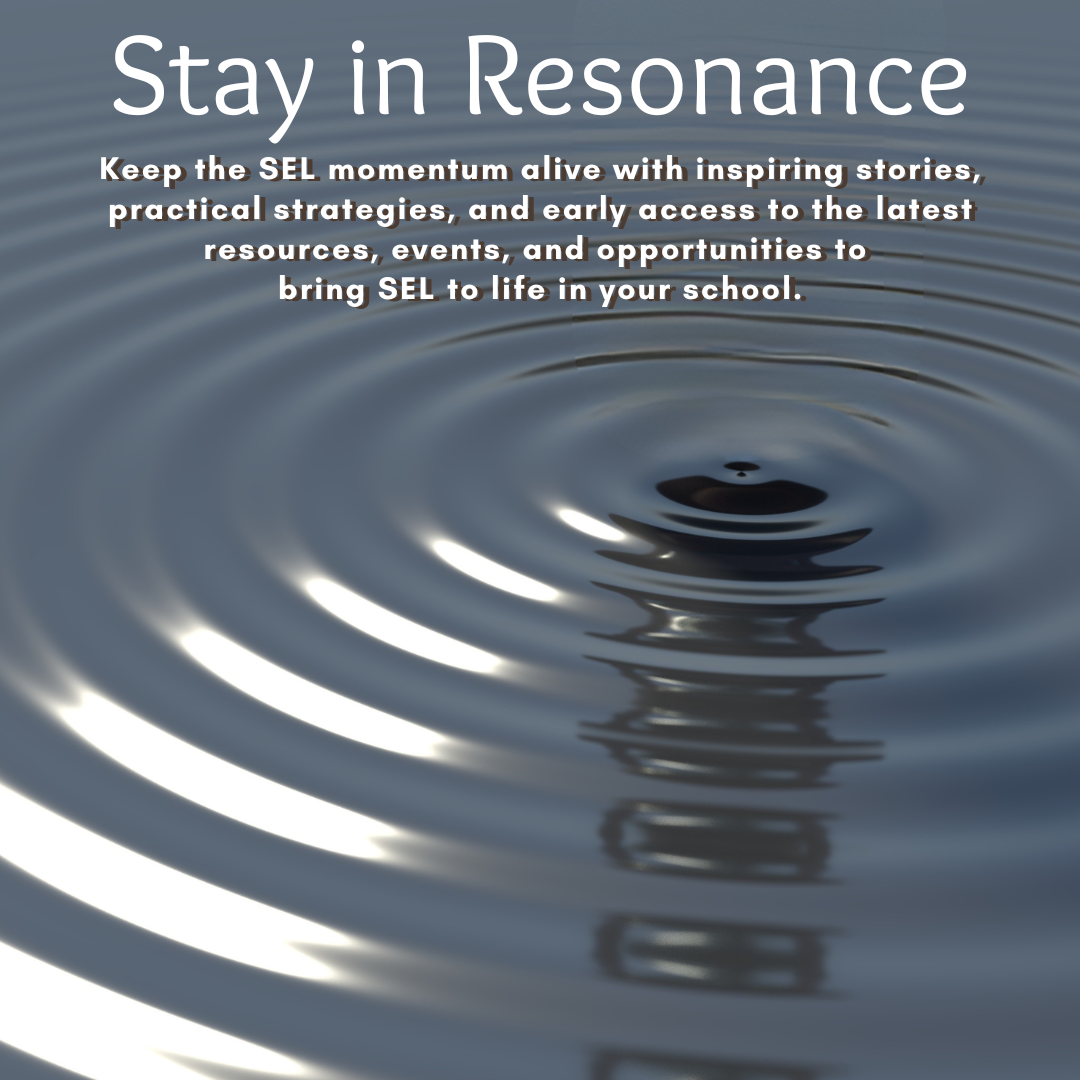003: SEL for Adults: Balancing Authenticity and Intention
Nov 17, 2020
Long before it was called social-emotional learning (SEL), I was weaving these principles into my high school social studies classroom. Initially, I did so implicitly by building community, cultivating empathy, and promoting reflection without naming it.
By my eighth year of teaching, something shifted. I began exploring how SEL showed up in my personal life and started facilitating these skills explicitly with students.
That shift also marked a transition in my career. I began working with adult learners as an instructional technology and curriculum coach and, later, as a facilitator for a company specializing in differentiated instruction.
I quickly learned that facilitating SEL with educators is vastly different from leading sessions on pedagogy, content strategies, or tech tools.
Why SEL Feels So Personal
Unlike most professional learning, SEL requires participants to look inward. It invites us to examine our habits, triggers, and patterns. It asks us to reflect on our choices, consider what we might do differently, and commit to ongoing growth.
As facilitators, we can’t just “teach” SEL—we must embody it.
We must walk the same path we’re asking others to walk.
But that work is complex. It requires time, vulnerability, and courage. Educators are often pressed for time and want ready-to-use strategies.
They ask for quick wins, but meaningful SEL isn’t plug-and-play.
It must be adapted to the context, the learners, and most importantly, the facilitator’s understanding and self-awareness.
SEL facilitation emphasizes identity, authenticity, integrity, equity, and belonging.
These aren’t checkboxes—they are ongoing practices.
That’s why facilitators must commit to their own SEL development.
It’s not extra work.
It’s the work.
The Storytelling Trap (and Why It Matters)
One question I often hear when coaching administrators or teachers who lead SEL sessions is, “How much of my personal story should I share?”
It's a thoughtful question… and an important one.
I’ve seen facilitators offer personal anecdotes to model vulnerability, only to shift the session from professional learning to something that felt more like personal therapy. It’s a delicate balance.
Yes, storytelling is powerful.
Stories build trust, humanize the content, and help others connect.
But if not handled with care, a story can overshadow the learning, leaving the facilitator and participants feeling emotionally off-center.
Guidelines for Sharing Stories with Intention
To avoid falling into that trap, I use a simple process when preparing SEL sessions.
If you’re planning to share a personal story, ask yourself:
-
What’s the takeaway?
What do you hope people remember from this story? Why this story, above all others? -
Does it serve the learning goal?
Is it aligned with the session’s objectives, or is it meant only to evoke an emotional reaction? (Spoiler: people can feel the difference.) -
Have you healed from it?
Are you still emotionally processing this experience? If so, now might not be the time to share it publicly. The boundaries can blur quickly when we speak from an open wound instead of a scar. -
Is your audience ready – and worthy – of this story?
Not all stories are meant for every space. Choose wisely.


